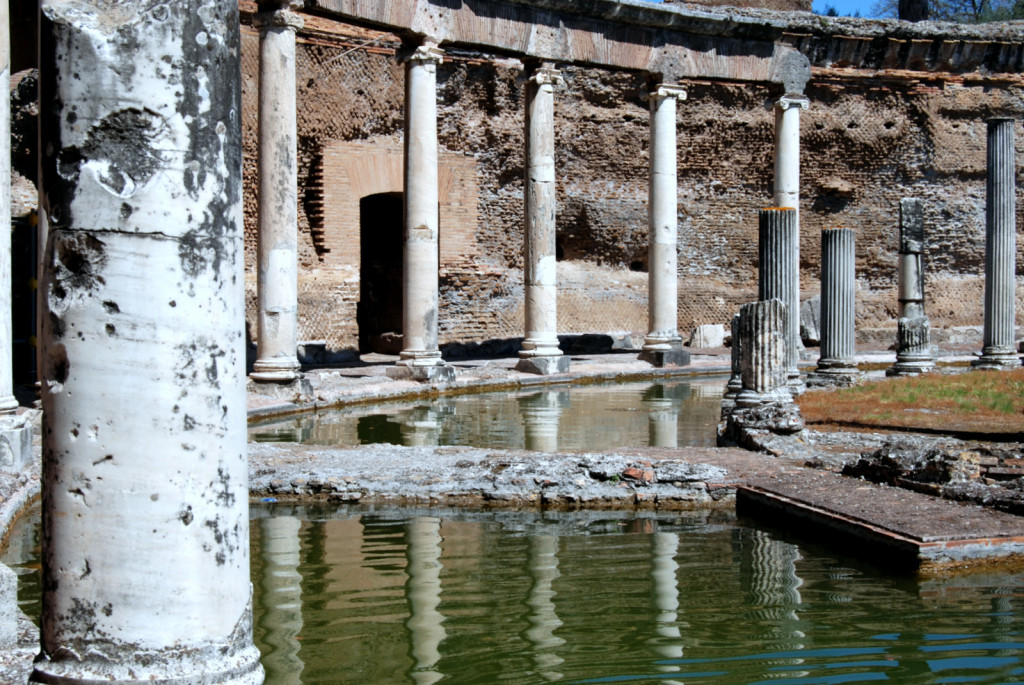ANDERS DAHLGREN
Early in my life I became interested in archaeology and as this was long before Indiana Jones swung his bullwhip on the screen, I guess it was my upbringing, the trips we made to the Mediterranean world that created this curiosity. To visit places like Troy and Pompeii in the early teens must have coloured my world and reading about archaeologists as Schliemann and Evans created dreams of a future as a “licensed treasure hunter”.
Later, I began to study archaeology at the university and initially put a lot of effort into these studies but gradually became absorbed by a feeling that the, ever so important, base that must be learnt would never straighten my question marks. How could “Early Minoan I, II, III” ever be able to tell me what the ceramist felt when he saw and created his object or glanced at the pretty girl that passed outside the pottery on her way to the marketplace?
The inspiring lecturers should have made me eager to study even harder, put the spade in the ground and dig deeper, find something no one else had found – but had quiet the opposite effect. Perhaps as I felt that whatever object one unearthed could merely indicate trade routes, how jewellery was designed, what weapons were used, how buildings shifted style and that “this is the most plausible interpretation of the material we have at hand, right now”.
However, as study progressed we approached material that made me somewhat hopeful again. Learning about cultures that had left written records and being able to connect what we had before us: walls in Hattusha, temples in Athens and villas in Rome… with texts dealing with mythology, tragedies, satires, poetry was very exciting. Here, all of a sudden, were words that explained how people felt, thought, what they said to / about each other –thoughts written down many, many centuries ago. Words that gave me perspective and perhaps could give me the answer to whether we really have learned something during our journey!
*
Much later in my life I can see that if I had had the slightest aptitude for philology I rather should have embarked on this path instead of suspending my studies of archaeology and one, of several, themes I would have followed was man’s views on progress.
Did we initially live in a Golden Age (as Hesiod writes of in Works and Days) but gradually moved toward darker ages? Others argued the opposite and meant that the darkness that prevailed in the beginning, slowly grew to something more hopeful through human effort. A view that Lucretius painted with strong brushstrokes in De Rerum Natura!
The issue was discussed over and over by both the Greeks and Romans (and most certainly others before them) and interesting but also very amusing is to follow the squabble over whether it was this or that group that stood for progress, well, if there was any at all!
Some facetious individual meant that the person who stood for essential human cultivation must have been the chef, this since it was he who helped man to do what is good! Other, perhaps more, serious thinkers struck a blow for architects and developers or the rhetoric or philosopher characters must have been of crucial importance for the state of things.
Still others felt that there must have been the poet – now we’re getting somewhere – whom with his/her vivid descriptions of the world was calling out the best in people and thus in a most decisive way, stood for the future and mankind’s evolution.
Thus wrote Horace in Ars Poetica about Orpheus’ moulding of the savage man with his lyre and words:
The barb’rous natives of the shaggy wood
From horrible repasts, and ads of blood,
Orpheus, a priest, and heav’nly teacher, brought,
And all the charities of nature taught
So, dear poet and visitor continue with your deed in Orpheus’ spirit and know that you are making a vital difference to this world and mankind!
About the author: http://www.odyssey.pm/?p=2538



